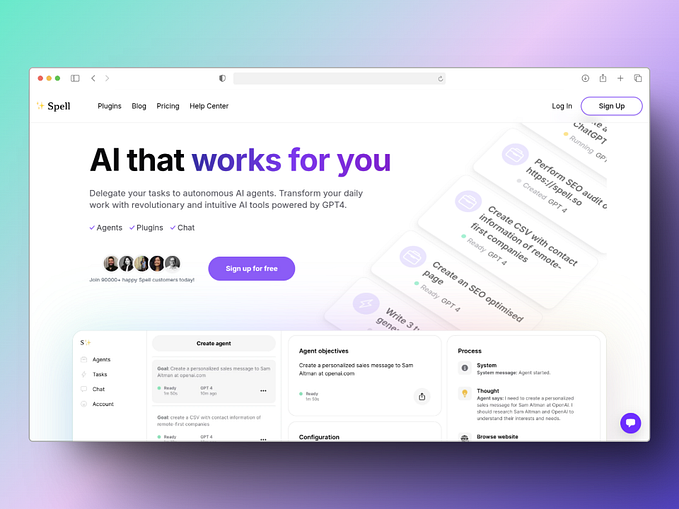
Community For Sale
by Ijeoma Opara
Wake up, open app, scroll up, swipe, swipe, swipe, close app, open another app, scroll down, click, like, love, celebrate, love, scroll down, share post, like, close app, open another app, scroll down, comment “❤️”, like, close app. Repeat throughout the day.
There are countless documentaries, movies and articles that have discussed the “dark” side of social media and being online. Using the word ‘dark’ in the context of being online evokes images of the internet being this big mysterious mafia style antagonist with blue-filtered dramatisations. This piece isn’t here to do that. Especially when the internet has been deeply ingrained into my psyche since I created my first Club Penguin account at 10 years old. And I loved the shit out of Club Penguin. So let’s skip past several steps and get straight to the acceptance phase.
Parasocial relationships are a defining aspect of our internet lives. The constant orbiting around our communities and their online activities creates a spectatorship that’s governed by certain social cues and responses that are constantly changing everyday. Jeremy Rifkin predicted over 20 years ago in his book called “The Age of Access” that capitalism will no longer only be about commodifying physical things like land, human labour, production tasks and social activities, but in addition, the cultural and communal. That the market would give way to networks, and the individual (as in, literally you as a person) and the choices you make are now the site of commercial business.
The value of an asset is no longer primarily through ownership, but through access and commodification of our time and experiences, whether it’s by ourselves or with others. This has led to the birth of the network economy, where cultural capitalism defines the means through which we express ourselves and share experiences with one another. The existing diversity and richness of our communities are being edited-copied/edit-pasted onto virtual platforms faster than we can question it.
Yet, at the same time, where people criticise the morality of online spaces, it has also acted as a transnational space for marginalised communities to amplify their causes and voices more than ever before. Despite the counter-arguments that criticize the reactionary nature of online campaigns (lest we forget the black squares and BLM resources every ally posted on their Instagram in June 2020), there has been tangible value created from online awareness that has resulted in long overdue change. But does that justify or equal out the parallel harm being created from online spaces?
If we’re constantly presenting the best versions of ourselves to strangers and friends alike, what type of authenticity are we creating when we start to embody our online personas in real life? How does this influence our decisions, the jobs that we want, the kind of people we wish to be surrounded with? Even the idea of being authentic has a certain aesthetic that requires a certain type of effortless effort. Examples include visible self-deprecation, off the cuff shots of the mundane (while maintaining a certain colour palette), relatable out of context screenshots from one’s favourite movie/series/TV show.
But it’s not as if this approach to social media can solely be attributed to today’s standards: older millennials remember the self-posturing that took place on websites like Tumblr and MySpace, making sure that the song choice on your site perfectly encapsulated your essence (if you know you know). And the idea of presenting an ideal is not unique to online spaces, but the danger is in the constantly shifting goal posts in how one has to engage in order to gain access to online communities. Otherwise, you’ll simply be left behind within the constantly evolving paradigm. And the idea of that can be frighteningly isolating for many young and old people alike (intergenerational online usage rates may be different, but their forms are different and no less valid than the other). Community is essential to our survival, and unquestionably a central tenet to our needs as humans.

The ability to suspend reality through engaging in parasocial interactions creates the falsehood of connection, and builds one-sided relationships. Reminding people that their favourite influencers are not their friends defeats the purpose of the blurred boundaries. The blurriness is where the profitability lies. Major companies like Google, Meta (it’ll take time to get used to that one), and YouTube have already recognised this, and are tapping into the established networks that exist on their platforms by focusing on curating and developing projects within continents and specific regions. This includes creating a broad spectrum of incentives for locals within different fields to participate in: events, conferences, workshops, competitions, forums, scholarships, etc. What we see now is a never before seen level of integratedness with technology, commerce and lived experiences beyond our understanding. And the true implications of what this means for how we build community is far-reaching beyond our current understanding.
I don’t know what community will mean in the next 5, 10 or even fifty years. Things have a funny way of managing to look the same externally — it’s much easier to hastily click accept the annoying ‘terms and conditions’ pop-up box than to question what each incremental update means for the sanctity of a rooted human experience. And I’d much rather share another simplistic scare-mongering Squid Game/Black Mirror/Simpsons related meme (“they predicted this!!!”) than to question the deep, unrelenting anxiety of what our future is going to look like.
But that’s the whole point, isn’t it?
Go to bed, open app, scroll, share, like, swipe up, close app, go to sleep.
Resources:
Rifkin, J. 2000. The Age of Access: The New Culture of Hypercapitalism where all of life is a paid-for experience. Penguin Putnam Inc.: New York.







